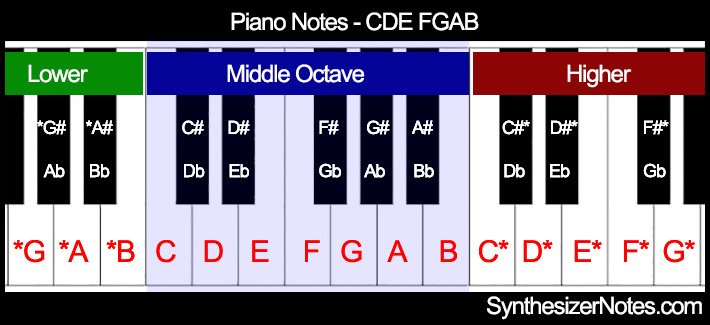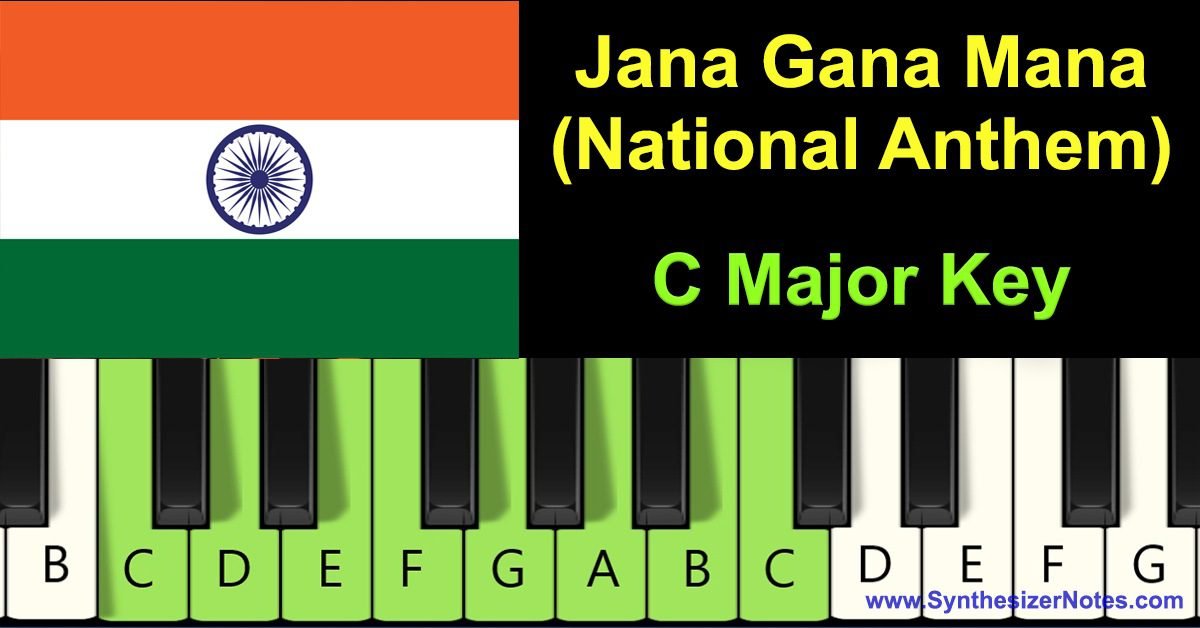Piano Scale – First The Basics – What and Why
Have you ever wondered how some songs sound bright and happy, while others feel mellow or even a little sad? Are you curious about how your favorite songs are built? Scales are part of the secret!
A piano scale is a sequence of musical notes that are played in ascending or descending order.
Think of scales as the building blocks of music! Just like words make sentences, scales create melodies and harmonies. Think of them as musical recipes that give each piece of music its unique flavor!
Scales are the foundation for melodies, chords, and all the beautiful sounds you create on the piano.
On this page of “A Beginner’s Guide to Piano Scales“, we will cover the following topics on piano scales, such as:
- What is a piano scale?
- Why is it important to learn piano scales?
- What are the different types of piano scales?
- What are the major scales and minor scales? and
- Some tips for practicing piano scales so that you can practice scales more effectively
What is a Piano Scale?
A piano scale is a series of musical notes played in ascending or descending order, with specific patterns of whole steps and half steps between the notes (means a specific pattern of intervals between the notes).
A series of notes means what?
An octave on a piano keyboard is a group of 12 keys, from C to C, i.e., C, C#, D, D#, E, F, F#, G, G#, A, A#, B, and then again C. As you can see in the image below, an octave is made up of 7 white keys and 5 black keys.

However, when we play a song, we don’t use all these keys. Most songs use only seven or five of them. When these 7 keys or 5 keys are arranged in an ascending or descending order, it is called a scale.
So, a series of notes means a group of notes (7 or 5) played one after the other in a particular order that sounds good together.
For example, if we write the notes in this order: C, D, E, F, G, A, B, it becomes the C major scale.

Or if we write the keys in this order: D, E, F#, G, A, B, and C#, it’s called the D major scale.

Why Is It Important to Learn Piano Scales?
What is the purpose of practicing scales? Why can’t we just see the piano letters and start playing the song?
Yes, we can play a song by looking at the piano letters, even if we don’t know the scale of the song.
But if we know the scale, we can predict which keys will be used in the song and how they relate to each other. This can help us to play the song more smoothly, confidently, and expressively.
Examples Illustrating the Importance of Piano Scales
Let’s say we want to play “Faded by Alan Walker,” on the piano. We can find the piano letter notes that show which keys to press and begin playing the song by pressing those keys on the piano.
However, if we are aware that the song is written in the key of F# major, or has six sharps in its key signature on sheet music, we can anticipate that the song will primarily use the notes of the F# major scale.
This implies that we can expect to use the F#, C#, G#, D#, A#, and E# keys throughout the song.
Here’s another example illustrating how knowing the key can make playing a song faster and easier.
To play the song “Twinkle Twinkle Little Star,” we could just look at the letter notes and play those keys on the piano.
However, before playing the nursery rhyme, if we are aware that the key is C major (or no sharps or flats in the key signature on the sheet music), then we can guess that it’ll mostly use the keys C, D, E, F, G, A, and B while playing the nursery rhyme. This is because the key tells us which notes are more likely to be used in the song.
Knowing the scale of the song can also help us to understand the song’s structure. For example, in the key of C major, the notes C, E, and G are the most important notes, as they are the tonic, dominant, and subdominant notes.
By understanding the role of these notes, we can play the song easily and confidently with more expression and feeling.
Piano scales are like the building blocks of music. By learning piano scales, you will learn the notes on the piano, how to move your fingers quickly and smoothly, and how to play different types of music.
So, to summarize the benefits of learning and practicing the piano scales,
What are the Benefits of Practicing Scales?
Piano scales are used in all types of music, from classical to jazz to pop.
Scales are the foundation of music, and they are used to create melodies, harmonies, accompaniments, and overall musical structure.
- Scales help us to develop finger dexterity and muscle memory.
- Scales help us to learn the notes on the piano keyboard.
- Scales help us understand the relationships between different notes.
- Scales help us to improvise and compose music, melodies, and solos.
- Scales help us to sight-read music and play in different keys.
- Scales help us to understand the structure of music and how it is composed.
So, now we know that piano scales play a crucial role in piano playing, let’s learn about the different types of scales.
What are the Different Types of Piano Scales?
There are many different types of piano scales, such as:
Major scales,
Minor scales,
Pentatonic scales,
Blues scales, and
Chromatic scales.
Out of these, the most common ones are the major scale and the minor scale. The major scale is a bright and happy-sounding scale, while the minor scale is a darker and more somber-sounding scale.
Major scales: Major scales are often used in popular music and classical music and have a bright and cheerful sound.
Minor scales: Minor scales are often used in jazz and blues music and have a darker and more somber sound.
Pentatonic scales: Pentatonic scales are five-note scales that are easy to learn and play. They are often used in folk music and rock music.
Chromatic scales: Chromatic scales contain all twelve notes of the chromatic scale. They are often used in classical music and jazz music.
Now, in the next section, we will discuss in detail about the commonly used scales, i.e., the major scale and the minor scale. the concept of the whole step and half step, and how scales are formed using these steps means what is the formula or pattern for scales?
Next >>>>
Major Scales and Minor Scales: How are They Formed?
For lists, such as a list of natural major scales, minor scales, lists of major and minor chords with images, and lists of chords in minor and major scales, please click the link below:







